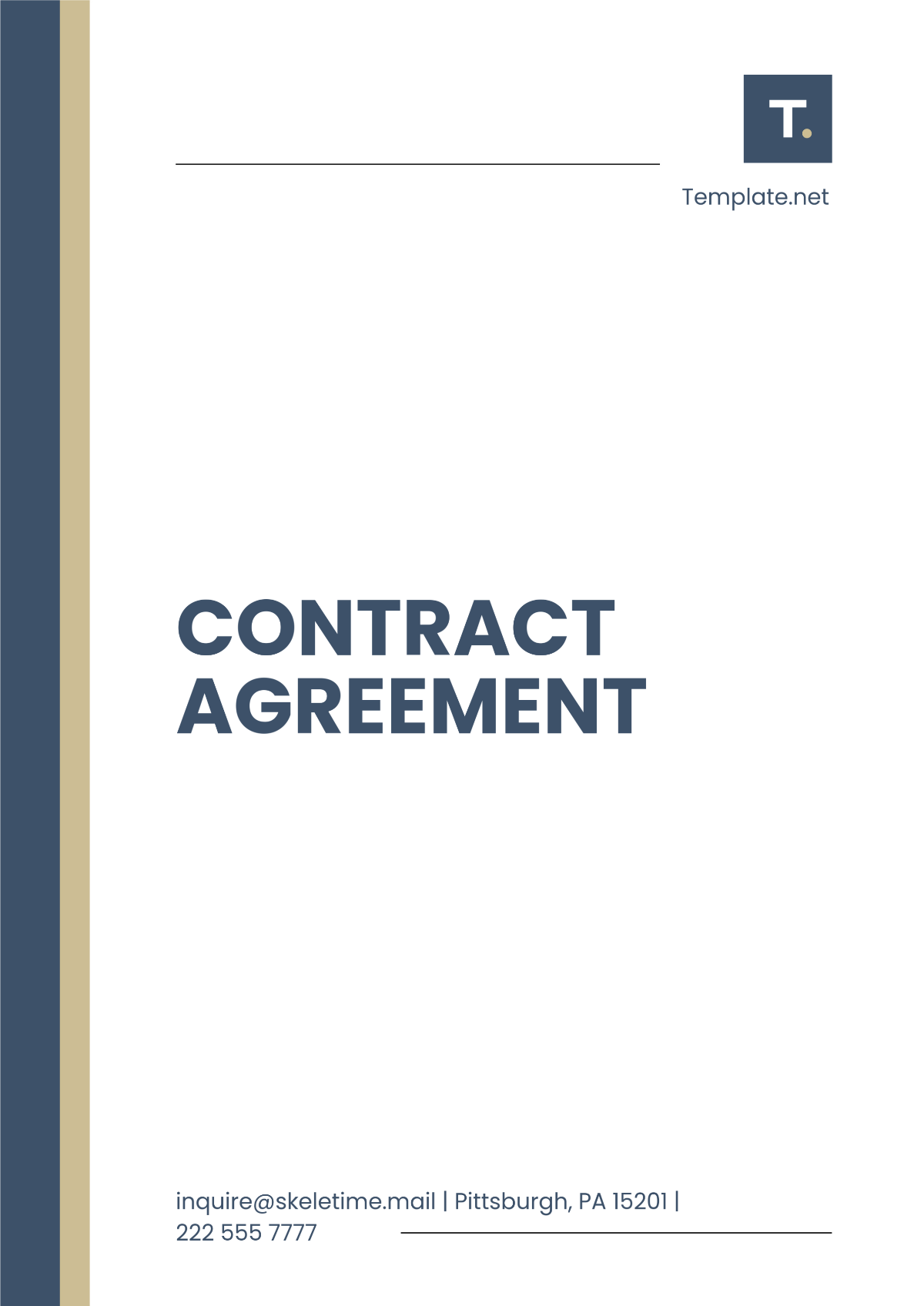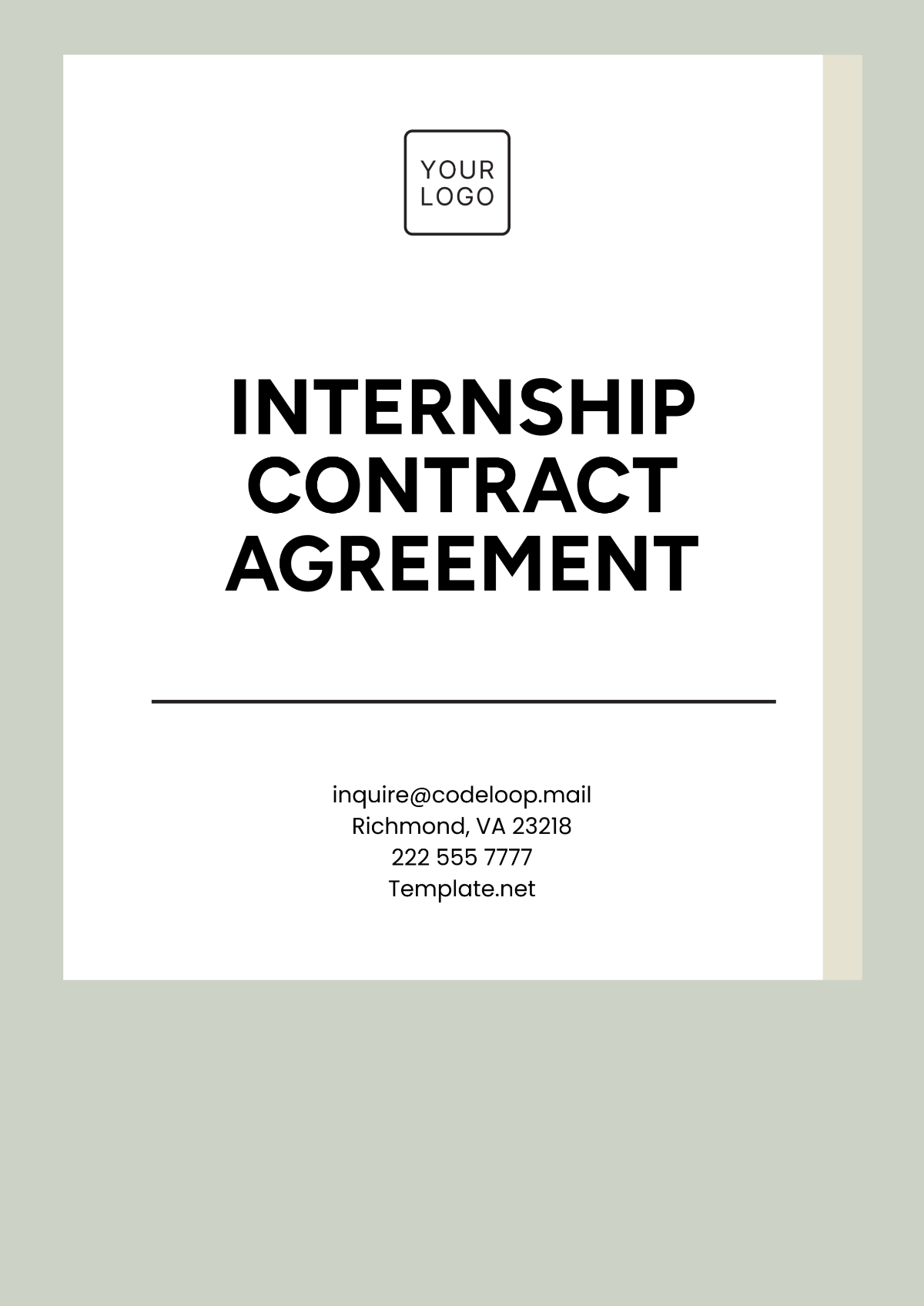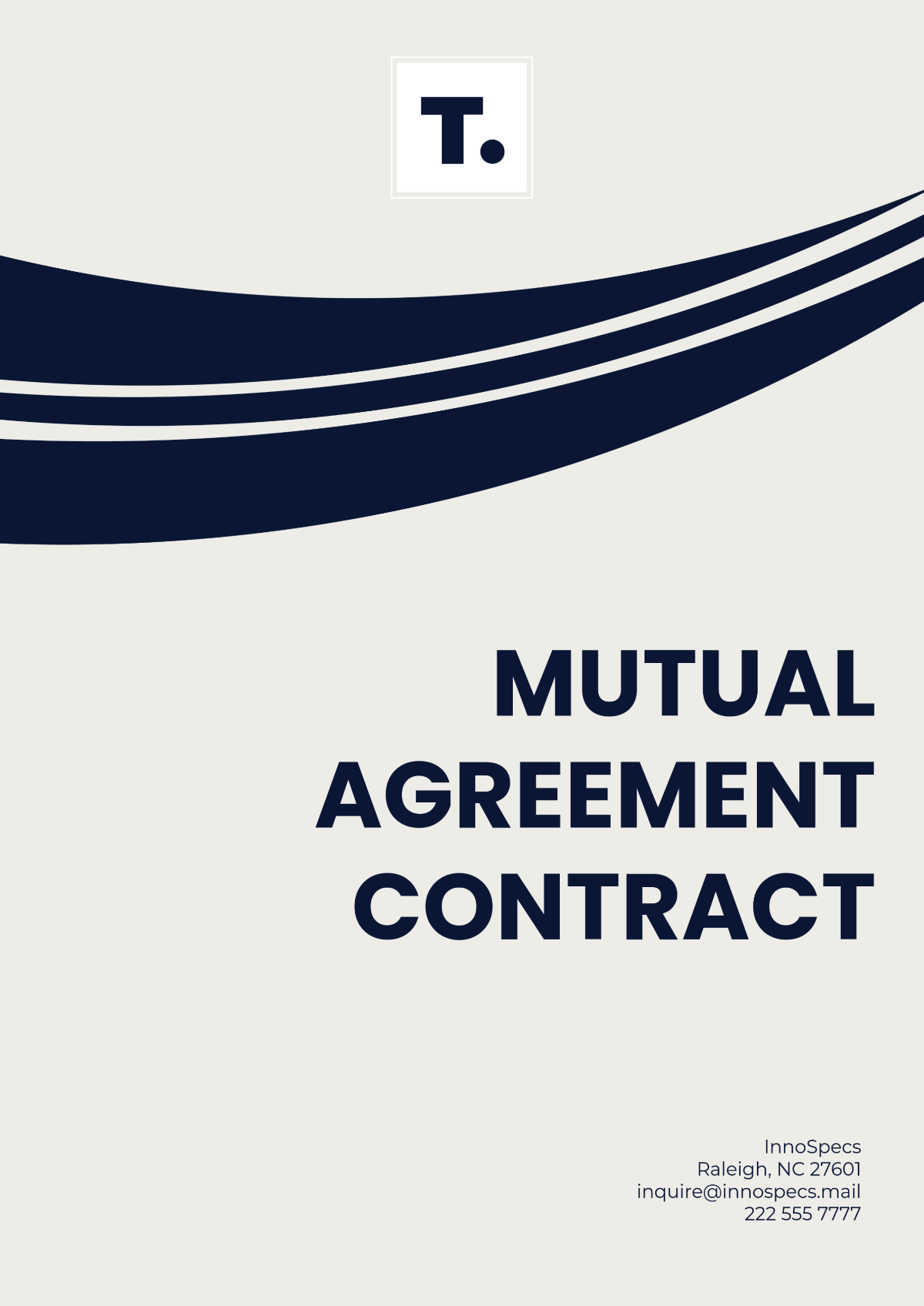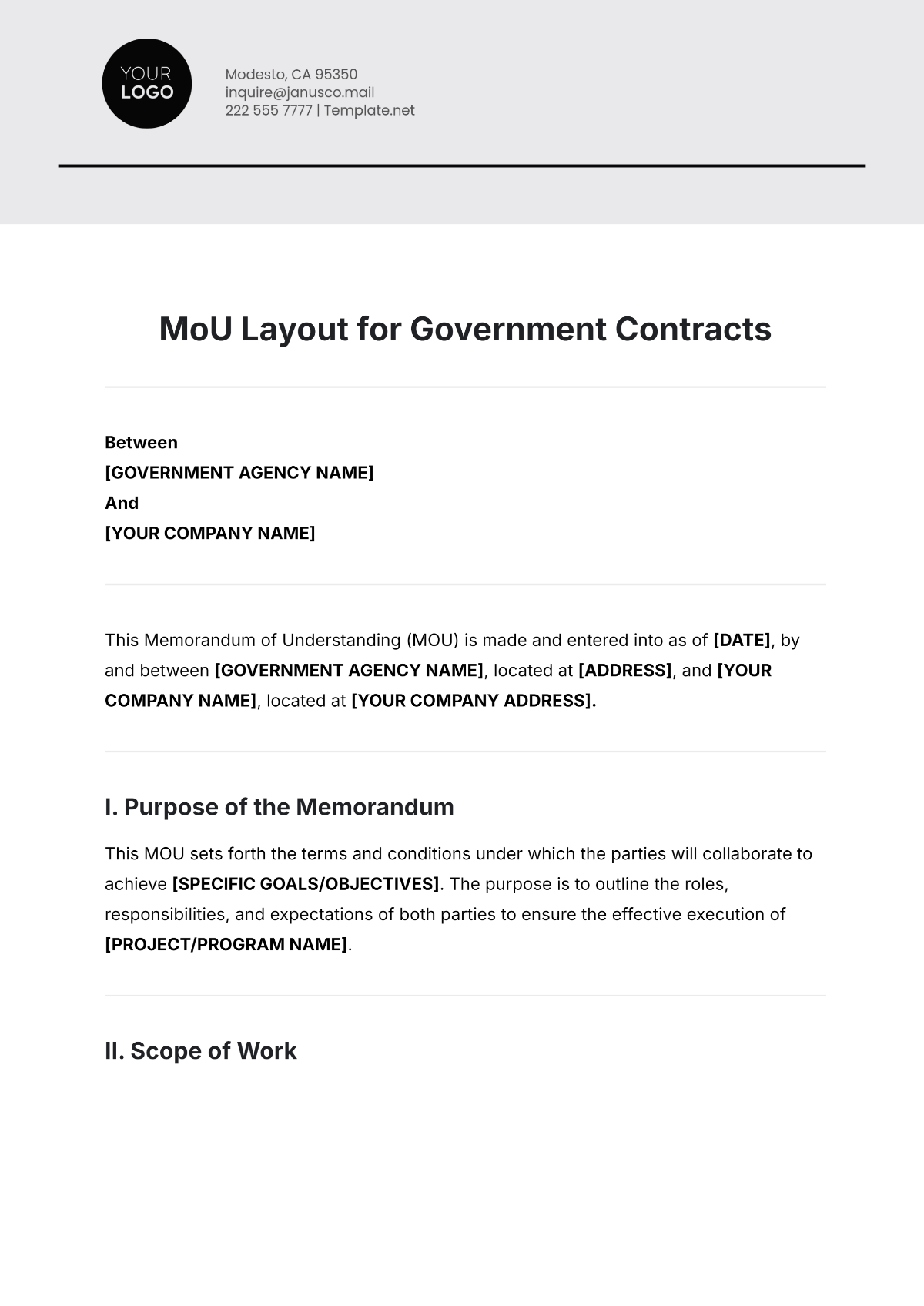Sales Manual On International Contracts
Produced by [YOUR COMPANY NAME], this manual is designed to provide a comprehensive guide on navigating and understanding the complexities of international contracts for sales teams. This manual aims to empower the sales team, allowing them to make well-informed decisions and adopt appropriate strategies for international negotiations and sales.
1. Understanding International Contracts
In global commerce, international contracts are pivotal instruments that facilitate business across borders, ensuring clarity, legality, and mutual understanding between entities located in different countries. These documents are meticulously crafted to navigate the complexities of international law, cultural nuances, and the specific needs of the parties involved. By comprehensively outlining the terms of engagement, international contracts mitigate risks, foster trust, and provide a solid foundation for successful business transactions.
International contracts can be categorized based on the nature of the transaction they govern. The following table offers an introductory glimpse into the diverse types of international contracts, each tailored to specific business interactions:
Term | Definition |
|---|---|
Goods Contract | Sales agreement for physical products |
Service Contract | Agreement on the provision of services |
Distributorship Contract | Authorization to sell a company's products in a certain geographical area. |
Franchise Contract | License that extends a business's model, brand, and proprietary knowledge. |
Technology Transfer Contract | Agreement for the transfer of skills, knowledge, technologies, methods of manufacturing, samples of manufacturing, and facilities among governments or universities and other institutions. |
Goods Contract: Central to international trade, goods contracts regulate the sale and distribution of physical products across borders. These agreements detail product specifications, quantity, pricing, delivery terms, and customs obligations, ensuring both parties have a clear understanding of the transaction's terms.
Service Contract: Service contracts are agreements that outline the terms for the provision of services rather than tangible goods. These could range from consultancy services to IT support, covering aspects such as scope of work, timelines, payment terms, and confidentiality obligations.
Distributorship Contract: This type of contract allows a distributor the right to sell a company’s products within a designated territory. It outlines the terms of the relationship, including sales targets, marketing responsibilities, and territorial exclusivity, providing a framework for the distribution of products.
Franchise Contract: Franchise contracts extend a business's model, brand, and proprietary knowledge to a franchisee, allowing them to operate under the business's name. These comprehensive agreements cover franchise fees, operational guidelines, training, and quality control standards.
Technology Transfer Contract: These contracts facilitate the exchange of technological knowledge, skills, and manufacturing methods between entities, which can include governments, universities, and private institutions. They are crucial for advancing technological capabilities and fostering innovation across borders.
2. Negotiating International Contracts
The negotiation of international contracts is a nuanced process that demands a deep understanding of the legal, cultural, and economic landscapes of the countries involved. Successful negotiations hinge on the ability to navigate these complexities with tact, knowledge, and flexibility, aiming to create agreements that are mutually beneficial, legally sound, and culturally respectful.
Best Practices for Negotiating International Contracts
Effective negotiation in international settings is both an art and a science. The table below outlines best practices that can enhance the negotiation process, fostering agreements that meet the strategic objectives of all parties involved:
Research: Prior to negotiations, conduct extensive research on the local business culture, legal system, and standard practices of the country you are engaging with. This knowledge can inform your approach and help anticipate the expectations of the other party.
Language and Communication: Language barriers can pose significant challenges in international negotiations. Employing competent translators or bilingual representatives can ensure clear communication and understanding. Additionally, being mindful of non-verbal cues and cultural nuances in communication can prevent misunderstandings.
Adaptability: Be prepared to adapt your negotiation strategy based on the cultural and business norms of the other party. Flexibility and respect for cultural differences can facilitate smoother negotiations and lead to more favorable outcomes.
Record Keeping: Maintain concise and accurate records of all negotiations, agreements, and communications. This practice not only helps in clarifying terms but also serves as a valuable reference in case of disputes or future negotiations.
Professionalism and Patience: International negotiations can be lengthy and complex. Maintaining professionalism and patience throughout the process is essential for building trust and respect, ultimately contributing to successful outcomes.
By adhering to these best practices, sales teams can navigate the intricacies of international negotiations with confidence and skill, laying the groundwork for contracts that are comprehensive, fair, and aligned with the strategic goals of all parties involved. These foundational elements of understanding and negotiating international contracts are crucial for any organization looking to expand its footprint in the global market, ensuring that their engagements are not only profitable but also sustainable and respectful of international norms and cultures.
3. Making & Accepting Offers
The initial phase of formalizing an international sales contract involves the careful making and accepting of offers, a process that requires not only a strategic approach but also a deep respect for the intricacies of international business relations. This stage sets the tone for the entire contractual relationship and, as such, demands meticulous attention to detail and an unwavering commitment to clarity and mutual understanding.
Key Considerations for Making & Accepting Offers
Clarity in Terms: The terms of the offer must be articulated with precision, leaving no room for ambiguity. This includes a detailed description of the goods or services, pricing, delivery schedules, payment terms, and any other conditions pertinent to the agreement.
Transparency: Open and honest communication is crucial in building trust between parties. Every aspect of the offer should be transparent, with all potential fees, charges, and responsibilities clearly outlined.
Mutual Consent: It is essential that both parties agree to the terms of the contract willingly and without any form of coercion. This mutual consent confirms that each party fully understands and accepts the conditions of the agreement.
Reasonable Acceptance Period: Offering a reasonable timeframe for the acceptance of the offer respects the procedural dynamics of the other party's organizational decision-making processes. It also provides an opportunity for thorough review and consideration, ensuring that the acceptance is well-informed.
Legal Compliance: The contract must comply with the legal requirements of both parties' countries. This includes adherence to international trade laws, local regulations, and any specific legal frameworks governing the sale of goods or provision of services across borders.
4. Elements of a Valid Contract
A valid international contract is the bedrock upon which successful international transactions are built. Understanding and incorporating the essential elements of a valid contract can protect the interests of all parties involved and ensure the enforceability of the agreement across different legal jurisdictions.
Essential Elements of a Valid Contract
Offer and Acceptance: The process begins with one party making a clear offer, which the other party then unambiguously accepts. This exchange signifies the mutual agreement to the terms laid out within the offer.
Intention to Create Legal Relations: There must be a shared intent between the parties that the agreement forms a legally binding contract. This intention distinguishes contractual agreements from casual or social arrangements.
Lawful Consideration: Consideration refers to the value that is exchanged between the parties, be it monetary compensation, goods, services, or other forms of value. The consideration must be lawful and clearly defined within the contract.
Capacity: Each party must possess the legal capacity to enter into a contract. This generally means they must be of legal age and sound mind, and not legally prohibited from entering into a contractual agreement.
Free Consent: The agreement to the contract's terms must be made freely and voluntarily, without duress, undue influence, fraud, misrepresentation, or mistake. Free consent ensures that each party’s agreement to the contract is genuine and informed.
5. Contract Compliance
Ensuring contract compliance is pivotal in maintaining a healthy international business relationship. Compliance not only refers to the adherence to the terms of the contract but also to the broader legal and regulatory frameworks governing international trade.
Strategies for Ensuring Contract Compliance
Regular Reviews: Periodically reviewing the contract can help both parties stay aligned with their obligations and responsibilities. These reviews can be especially important in long-term agreements where business conditions may change.
Open Communication: Establishing a consistent and open line of communication ensures that any concerns or deviations are promptly addressed, preventing minor issues from escalating into major disputes.
Documentation and Disclosure: Keeping detailed records of all communications, transactions, and modifications related to the contract is essential. Proper documentation supports transparency and can be invaluable in resolving misunderstandings or disputes.
6. Resolving Contract Disputes
Disputes are not uncommon in international contracts, but their resolution need not always be contentious or litigious. Proactively managing and resolving disputes through structured mechanisms can save valuable time and resources while preserving business relationships.
Mechanisms for Dispute Resolution
Negotiation: The first step in dispute resolution should always be direct negotiation between the parties, seeking an amicable solution.
Mediation: If negotiation fails, mediation involves a neutral third party who facilitates a resolution without imposing a decision.
Arbitration: Arbitration allows a neutral arbitrator or arbitration panel to make a binding decision on the dispute, based on the evidence and arguments presented.
Litigation: As a last resort, parties may take their dispute to court, where a judge will make a binding legal decision. However, litigation is usually more time-consuming and costly than alternative methods.
By anticipating potential areas of conflict and including specific dispute resolution clauses within the contract, parties can streamline the process of resolving disagreements, ensuring that their international business relationships remain strong and productive.
For more information or any inquiries, please reach out to the following contact details: [YOUR COMPANY EMAIL] [YOUR COMPANY NUMBER]

















































